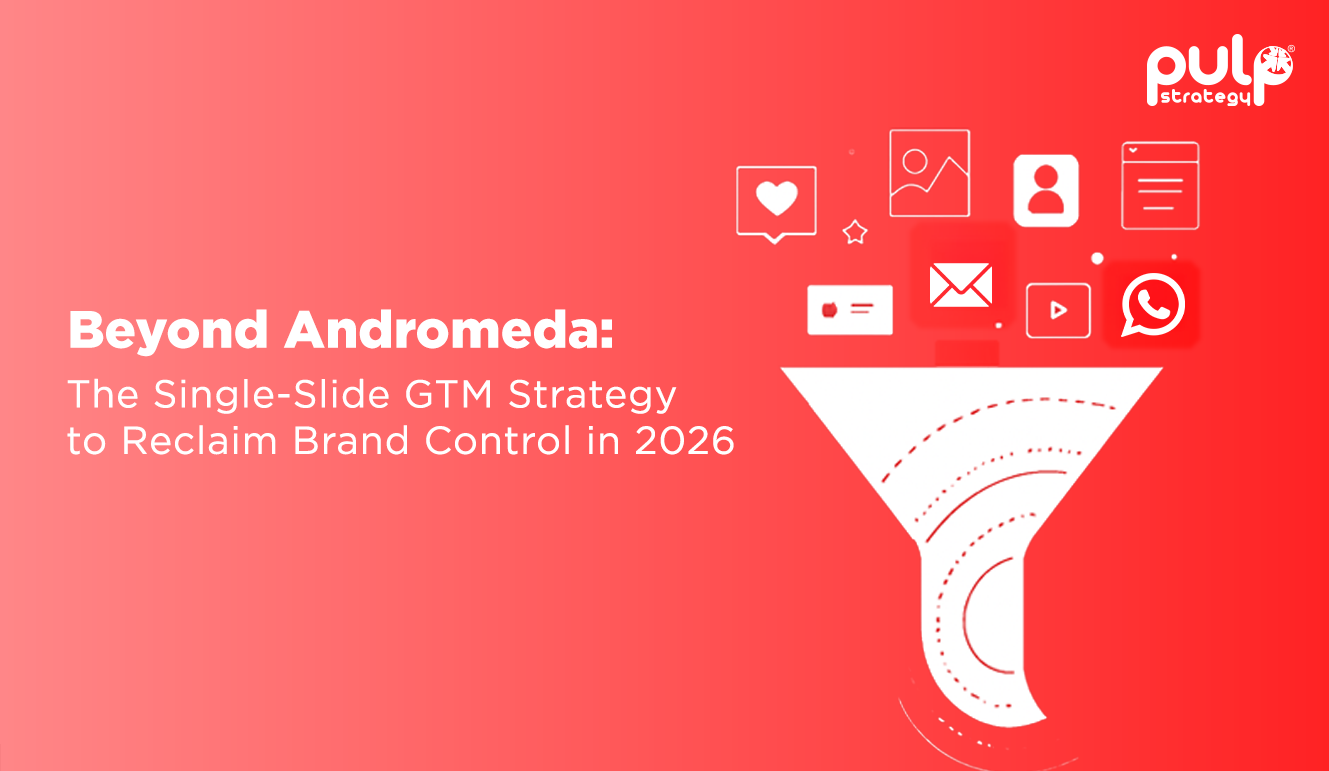As World Sustainability Day approaches, the call for businesses to take meaningful action is louder than ever. For CMOs, the opportunity is clear: sustainability isn’t just a trend; it’s a strategic imperative. With 66% of consumers ready to pay more for eco-friendly products, it’s time to embed sustainability into every facet of your marketing strategy. Brands that position themselves at the forefront of this movement will not only lead their industries but inspire loyalty from eco-conscious consumers worldwide.
Join us as we explore brands excelling in sustainability, offering valuable insights for forward-thinking marketing leaders.
How Do You Turn Sustainability Into a Movement?

“Make your audience part of the mission.”
Sustainability must be a brand's core promise. Today’s consumers don’t want vague claims; they want results. Mamaearth, one of India’s fastest-growing personal care brands, exemplifies this through their "Goodness Inside" campaign. For every order, the brand plants a tree, turning customers into active contributors to a greener planet. Their transparent and heartfelt approach fosters a loyal customer base that sees the brand not just as a product but as a mission. Similarly, Unilever’s Sustainable Living Plan has not only driven strong financial performance but has become a central part of its global marketing efforts.
Takeaway:
Make sustainability a two-way street. Engage consumers by giving them a role in your mission—whether it’s planting a tree or reducing their carbon footprint. Emotional buy-in is key to long-term loyalty. For CMOs, sustainability offers more than just a brand differentiator; it is a long-term growth driver that strengthens brand equity and consumer trust.
How Can Brands Move Beyond Greenwashing?
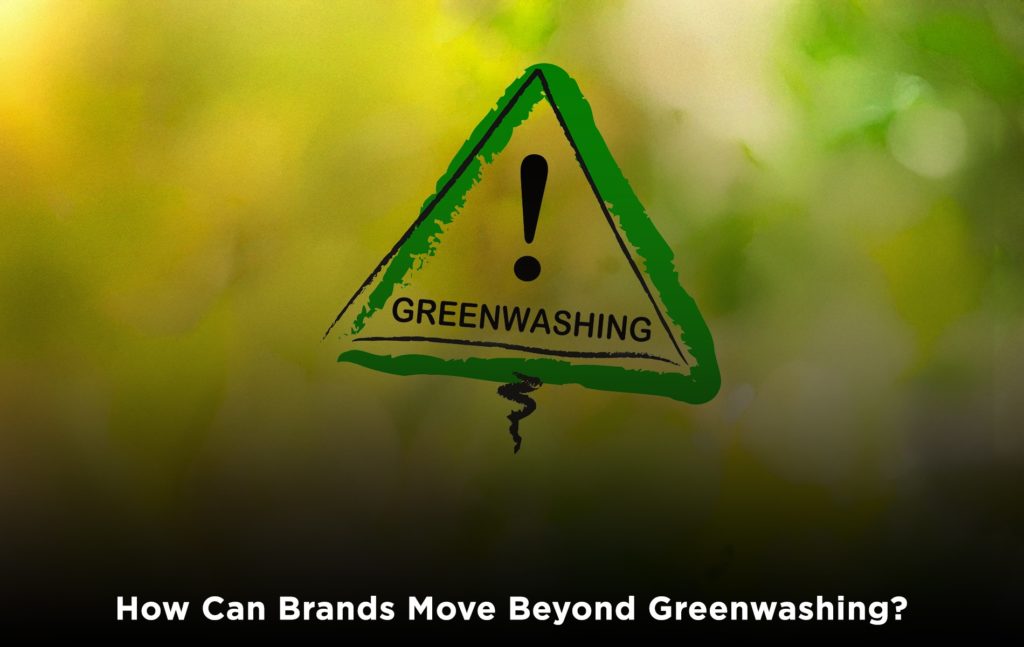
“Transparent, tangible actions always beat token gestures.”
Brands are increasingly under scrutiny, with consumers demanding proof over promises. While greenwashing has impacted many brands, some have successfully embedded sustainability into their core values. Patagonia doesn’t just talk the talk; it walks the walk daily. Their “Don’t Buy This Jacket” campaign encourages consumers to reflect on their consumption habits, subtly reinforcing its eco-conscious goal. Patagonia has reported that 50% of its sales now come from sustainable products.
Takeaway:
To truly connect with consumers, CMOs should prioritize authentic sustainability initiatives that go beyond surface-level commitments. Integrating measurable, transparent actions into marketing strategies can build trust and foster deeper relationships with eco-conscious customers. Brands that fail to prioritize sustainability risk becoming obsolete, much like how Blockbuster (the once-dominant video rental company) missed the shift to digital.
Is AI the Key to Scaling Sustainability Efforts?
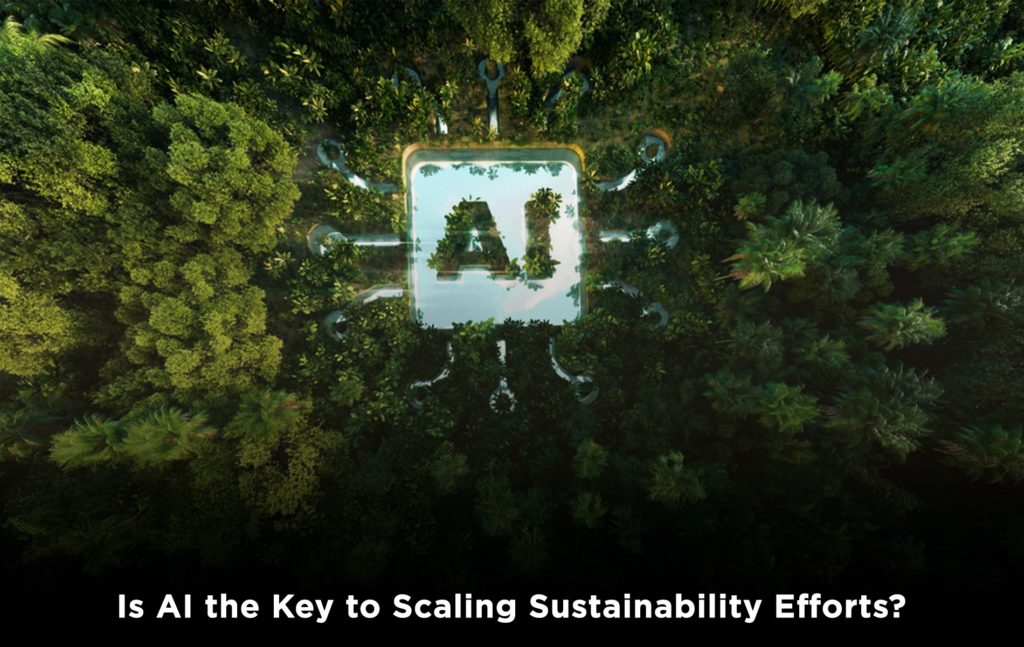
“Leverage AI to measure, manage, and communicate sustainability impact.”
AI can help brands collect real-time data, optimize resources, and provide transparency—making your sustainability claims more credible and scalable. IBM's “Green Horizons” campaign uses AI and IoT technologies to help businesses monitor and manage their environmental impact. By providing insights into energy usage, emissions, and resource management, IBM empowers companies to make data-driven decisions.
Companies using predictive analytics have reported up to 30% improvements in resource efficiency. Nestlé is also leveraging AI in its sustainability efforts, using data analytics to track and optimize its supply chain.
Takeaway:
Invest in AI technologies to gain insights that inform your sustainability strategies. By leveraging AI for real-time insights and resource optimization, you can build credibility with eco-conscious consumers, turning sustainability into a compelling marketing advantage.
Is Inclusivity a Pathway to Sustainability?
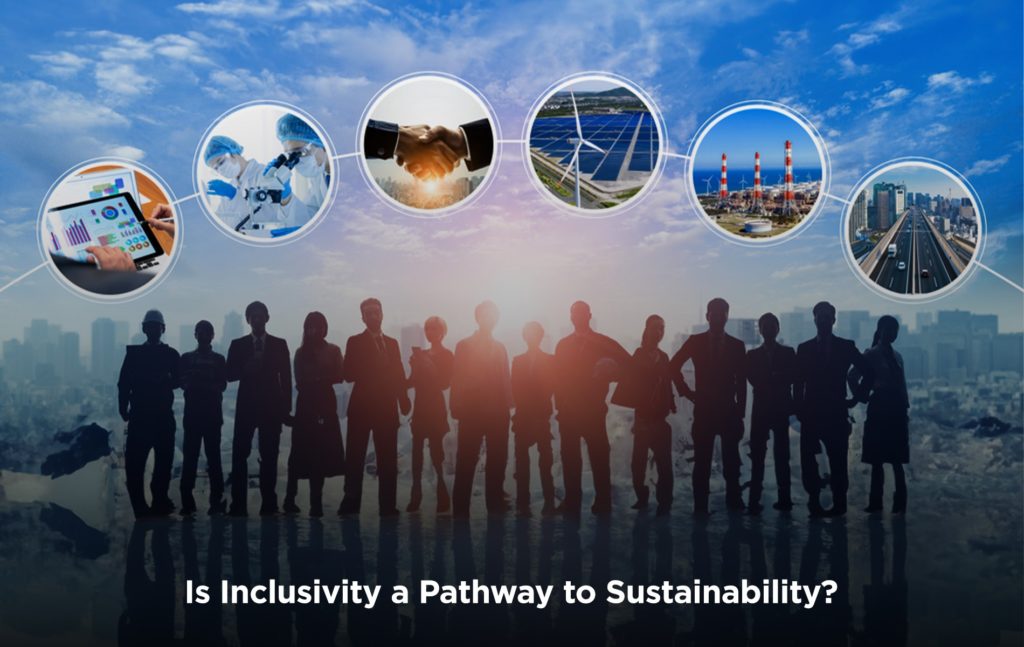
“Build campaigns that emphasize community and inclusivity.”
Brands that champion inclusivity not only attract diverse audiences but also enhance their commitment to sustainability. The North Face’s “Walls Are Meant for Climbing” campaign is a masterclass in this strategy. Rather than solely promoting outdoor exploration, the campaign redefines adventure by showcasing climbers from diverse backgrounds and emphasizing accessibility in the great outdoors. This approach not only broadens the brand’s reach but also fosters a vibrant community where everyone feels welcome to participate. The campaign contributed to a 25% increase in brand affinity among diverse groups.
Takeaway:
Champion inclusivity through your marketing narratives. By amplifying diverse stories and experiences, you create a community invested in your sustainability goals. This not only strengthens brand loyalty but positions your brand as a leader in fostering a more equitable and sustainable future.
Can Sustainability Be a Driver of Innovation?
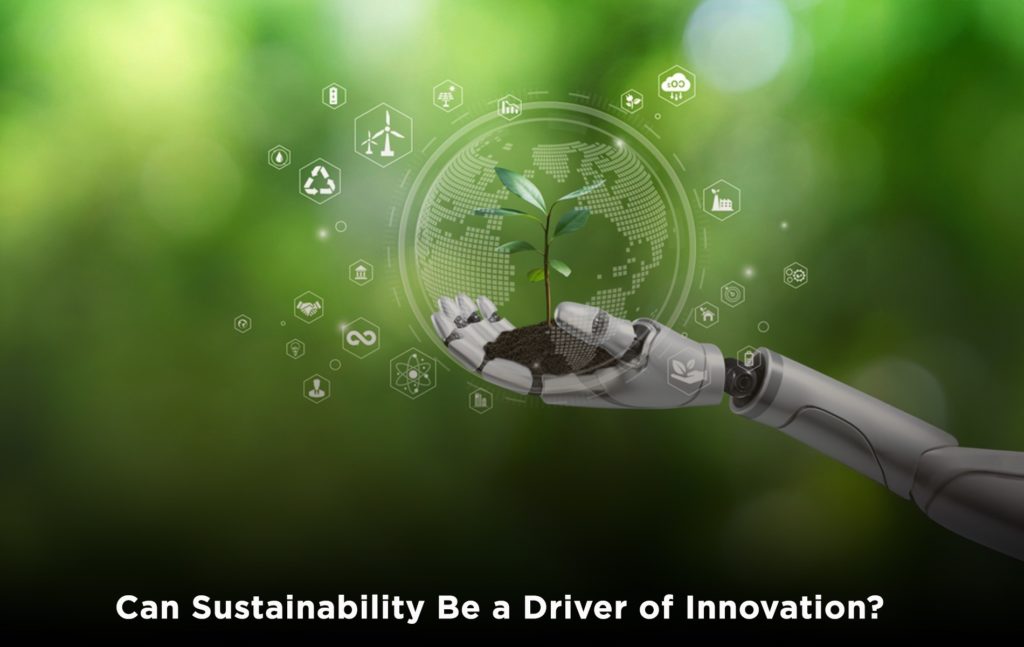
“Build campaigns that emphasize community and inclusivity.”
Brands that champion inclusivity not only attract diverse audiences but also enhance their commitment to sustainability. The North Face’s “Walls Are Meant for Climbing” campaign is a masterclass in this strategy. Rather than solely promoting outdoor exploration, the campaign redefines adventure by showcasing climbers from diverse backgrounds and emphasizing accessibility in the great outdoors. This approach not only broadens the brand’s reach but also fosters a vibrant community where everyone feels welcome to participate. The campaign contributed to a 25% increase in brand affinity among diverse groups.
Moreover, Tesla is transforming the auto industry with electric vehicles, aligning sustainability with innovation. Their dedication to sustainable energy reshapes transportation and attracts eco-conscious consumers seeking greener options.
Takeaway:
Embrace sustainability as a catalyst for innovation. By developing campaigns that showcase your brand’s commitment to the environment, you can attract consumers who prioritize eco-friendly values.
Can Gamification Transform Sustainability Engagement?
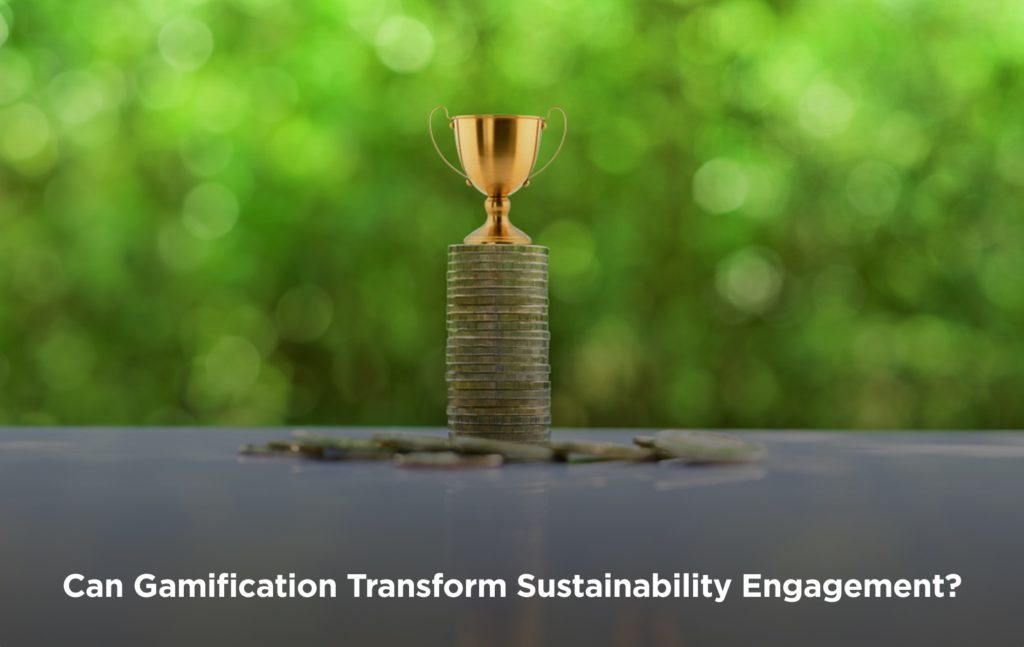
“Build campaigns that emphasize community and inclusivity.”
Brands that champion inclusivity not only attract diverse audiences but also enhance their commitment to sustainability. The North Face’s “Walls Are Meant for Climbing” campaign is a masterclass in this strategy. Rather than solely promoting outdoor exploration, the campaign redefines adventure by showcasing climbers from diverse backgrounds and emphasizing accessibility in the great outdoors. This approach not only broadens the brand’s reach but also fosters a vibrant community where everyone feels welcome to participate. The campaign contributed to a 25% increase in brand affinity among diverse groups.
Takeaway:
Leverage gamification to infuse energy into your sustainability efforts. By crafting challenges and interactive experiences, you can turn passive observers into enthusiastic advocates for your brand’s eco-friendly mission, making sustainability an enjoyable and ongoing journey.
Conclusion: The Future is Non-Negotiable
Sustainability is not just the future—it’s now. For CMOs, this is a pivotal moment to lead by example. It’s time to turn sustainability into your brand’s superpower. By integrating sustainable practices across every touchpoint, you’ll not only drive growth but build a brand that future generations will champion. The question isn’t whether you should embrace sustainability—it’s how fast you can make it a cornerstone of your marketing strategy.




